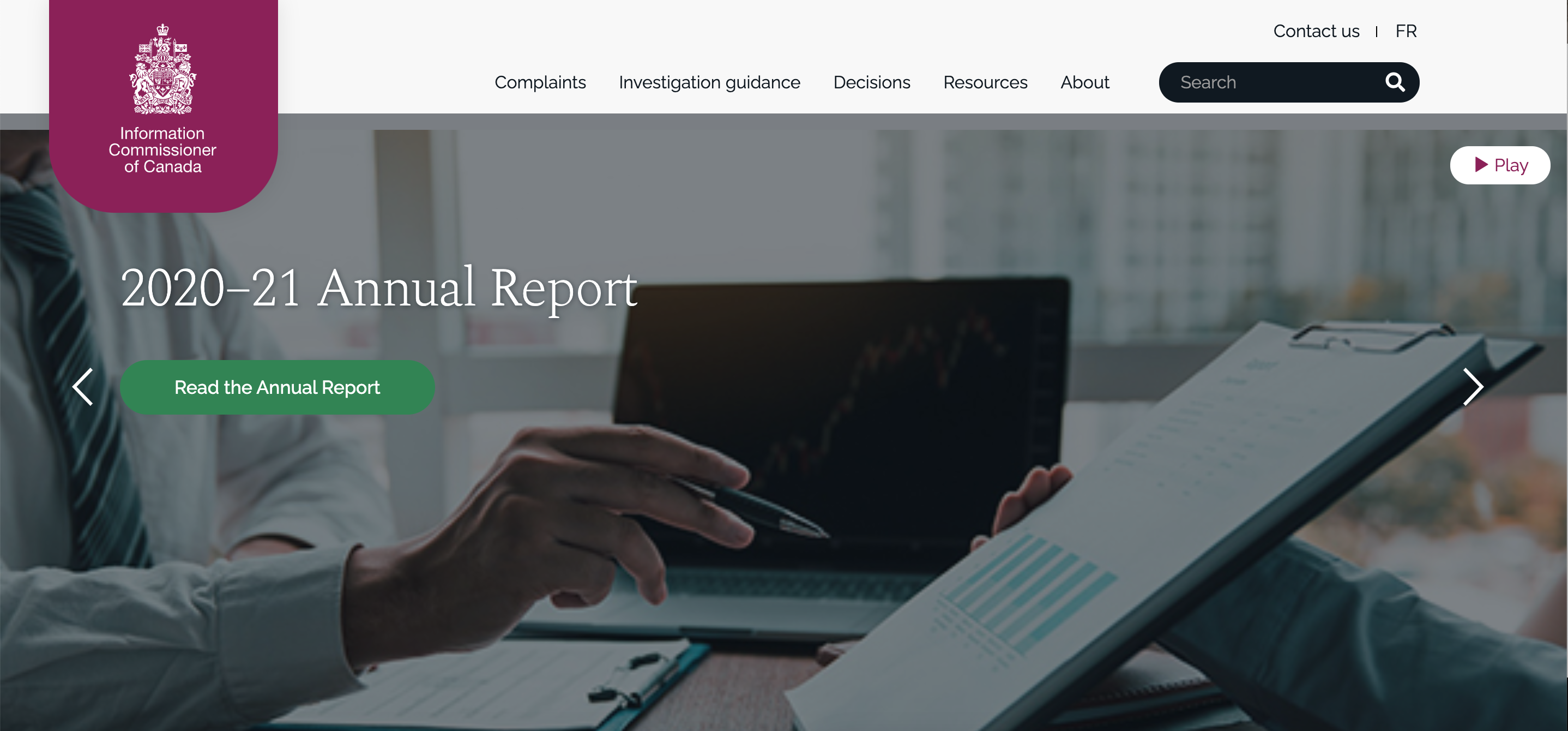Key government decisions during the COVID-19 pandemic might be lost to history because of a sudden shift to new technologies and long-standing poor record-keeping practices, the federal information watchdog warns.
In her annual report tabled Tuesday in Parliament, information commissioner Caroline Maynard said working remotely has meant using different tools, such as online meeting technology and instant messaging.
Decisions may not be properly recorded when using these methods, raising questions as to how information is being managed, stored, shared with others and disclosed to Canadians, she said.
The failure to adopt proper information management practices may have resulted “in some records that are of public interest never having been created in the first place,” while documents not being sorted or organized properly may have led to a lack of relevant records, Maynard said.
“I believe that it is only by being fully transparent, and respecting good information management practices and the right of access, that the government can build an open and complete public record of decisions and actions taken during this extraordinary period in our history — one that will inform future public policy decisions.”
The commissioner is an ombudsman for requesters under the Access to Information Act, the key federal transparency law.
It allows users who pay $5 to ask for files ranging from briefing memos and expense reports to internal studies and emails.
However, the law introduced in 1983 has been widely criticized as outdated and poorly managed, prompting public complaints about prolonged delays and blacked-out pages in documents.
Maynard said the fact that government employees spent the year working from home on a large scale, with limited access to physical files, curtailed much of the gathering of requested documents and, by extension, the ability of access to information teams to process requests and respond to complaints.
In the course of investigating complaints, Maynard noticed vulnerabilities to Canada’s access regime, some a direct result of the pandemic and others that have simply been worsened by COVID-19. They include:
- Lack of response from program areas within institutions responsible for responding to access requests from the public;
- deficiencies in the tools needed to process requests; and
- under-resourced processing units overwhelmed with requests, resulting in delays.

